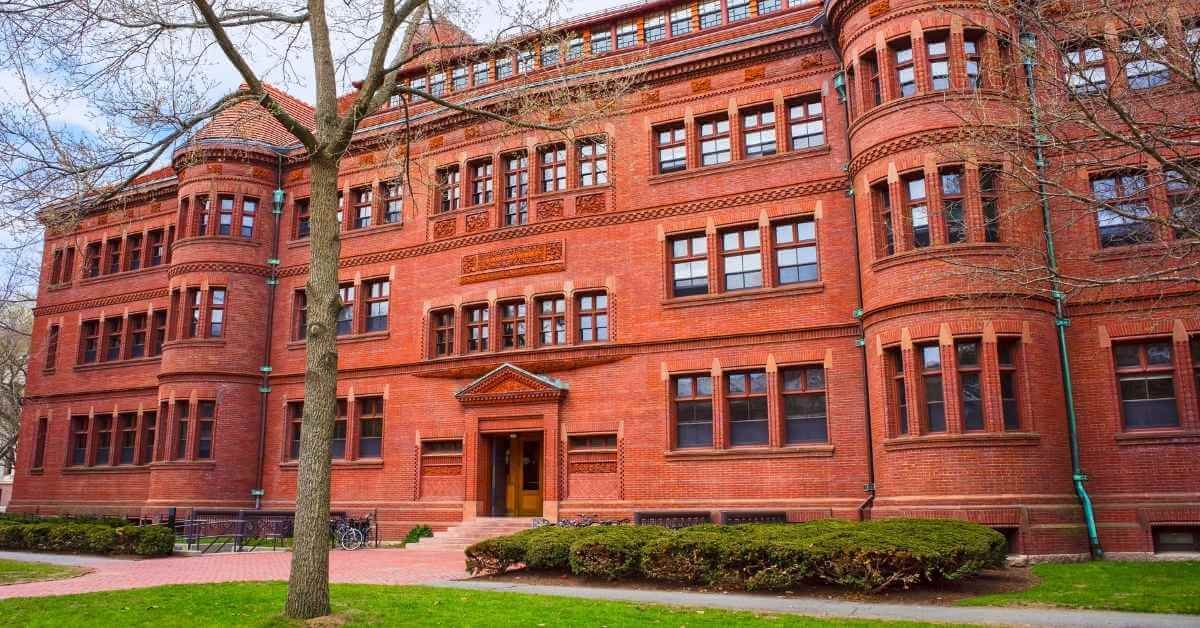Princeton vs Harvard: Which Ivy League Offers Better Career Opportunities?
When it comes to the Ivy League, Princeton University and Harvard University stand at the pinnacle of academic prestige. Both institutions offer unmatched intellectual environments, powerful alumni networks, and access to global opportunities. But for students and families focused on the return on investment, one question often arises:
Which school offers better career opportunities—Princeton or Harvard?
In this comprehensive comparison, we’ll explore how both universities stack up in key areas like employment outcomes, graduate school placement, industry pipelines, internships, salary expectations, and alumni influence.
Overview: Two Giants in Higher Education
Princeton University
- Location: Princeton, New Jersey
- Undergraduate Enrollment: ~5,500
- Known for: Undergraduate focus, STEM, public policy, humanities
- Acceptance Rate: ~5.8%
Harvard University
- Location: Cambridge, Massachusetts
- Undergraduate Enrollment: ~7,000
- Known for: Law, business, government, global leadership
- Acceptance Rate: ~3.4%
Both are top-ranked globally and share memberships in prestigious research and professional networks.
1. Career Services and Student Support
Princeton’s Center for Career Development
- Offers personalized career advising from the first year
- Strong support for internships, independent projects, and public interest fellowships
- Emphasizes meaningful work and personal impact
- Known for in-depth career prep for non-profit, tech, research, and government careers
Harvard Office of Career Services (OCS)
- Large, professionally staffed team with global connections
- Focus on career paths in finance, consulting, law, medicine, academia, and international affairs
- Hosts massive career fairs, alumni panels, and employer info sessions
- Alumni often recruit directly from Harvard for top roles
✅ Verdict: Both schools have robust resources, but Harvard’s scale and global prestige give it a slight edge in sheer volume of connections. Princeton, on the other hand, offers more tailored advising and mentorship.
2. Internship and Job Placement
Princeton
- High placement rate into internships by sophomore year
- Strong recruiting from:
- McKinsey & Company
- Goldman Sachs
- U.S. State Department
- Think tanks and research labs
- Emphasis on Princeton-in-Washington, SINSI Program, and nonprofit internships
Harvard
- Strong feeder into:
- Bain & Company
- Boston Consulting Group (BCG)
- Morgan Stanley
- Facebook/Meta
- UN and World Bank
- Large ecosystem of research assistantships, startup internships, and policy fellowships
✅ Verdict: Both schools open doors to elite firms, but Harvard has broader placement across industries, while Princeton offers more immersive public service and policy experiences.
3. Top Industries for Graduates
According to the most recent first destination surveys:
Princeton Grads Go Into:
- Finance (26–30%)
- Consulting (15%)
- Tech & Engineering (20%)
- Academia/Grad School (20%)
- Public service, law, and nonprofits (15%)
Harvard Grads Go Into:
- Consulting (22–25%)
- Finance (20–25%)
- Tech (15%)
- Law/Business/Medical school (~20%)
- Government, media, and entrepreneurship (~10%)
✅ Verdict: Career outcomes are nearly identical across sectors. Princeton’s profile leans slightly more STEM and research-focused, while Harvard has a more diversified output across business, law, and politics.
4. Graduate School Preparation and Acceptance
Both universities dominate in grad school placement, but nuances exist:
Princeton:
- Strong pipelines into PhD and STEM programs
- High acceptance into public affairs, mathematics, and science programs
- Emphasis on undergraduate research and senior thesis
Harvard:
- Nation’s top feeder into Harvard Law School, Harvard Business School, and HMS
- Extremely high placement into top-3 law, medical, and business programs
- Famous for producing future professors, Supreme Court justices, and tech entrepreneurs
✅ Verdict: If your goal is graduate research or public policy, Princeton is a powerhouse. For law, business, and high-level government, Harvard dominates.
5. Alumni Network and Influence
Princeton:
- Smaller alumni base, but tightly knit
- Notable alumni: Jeff Bezos, Alan Turing, Michelle Obama, Elena Kagan
- Reunions and alumni mentorship are huge traditions
- Strong presence in academia, policy, and entrepreneurship
Harvard:
- Largest and most powerful alumni network in the world
- Notable alumni: Barack Obama, Mark Zuckerberg, Ruth Bader Ginsburg, Bill Gates
- Alumni dominate fields like law, politics, finance, and media
✅ Verdict: Harvard wins in scale and influence, but Princeton wins in intimacy and loyalty. Both networks are high-impact.
6. Undergraduate vs. Graduate Focus
Princeton:
- 100% emphasis on undergraduate education
- Professors teach undergrad classes and serve as research mentors
- Smaller class sizes, more access to faculty
Harvard:
- Strong undergrad support, but more emphasis on graduate schools
- Huge global research machine
- Graduate students often lead sections, labs, and precepts
✅ Verdict: For undergraduate-focused mentorship and career prep, Princeton may provide deeper faculty relationships. Harvard offers more institutional prestige and high-volume opportunity.
7. Prestige and Employer Perception
In recruiter surveys and employer rankings:
- Harvard consistently ranks #1 or #2 in perceived global prestige
- Princeton is typically in the top 5 worldwide, and #1 in undergraduate experience
In practice, both names carry immense weight. At elite firms, having “Princeton” or “Harvard” on your resume ensures you’re taken seriously.
✅ Verdict: In hyper-competitive markets like finance, consulting, and law, Harvard’s name recognition may open more immediate doors—but Princeton graduates often outperform expectations once inside.
8. Salary Expectations
Starting salaries (based on self-reported data and public reports):
| Industry | Princeton (Avg) | Harvard (Avg) |
|---|---|---|
| Finance | $110,000 | $115,000 |
| Consulting | $100,000 | $100,000 |
| Technology | $105,000 | $110,000 |
| Public Service | $50,000–$70,000 | $50,000–$75,000 |
| Law (Post-JD) | $190,000+ | $190,000+ |
✅ Verdict: Salaries are virtually identical. Career choice, location, and internship experience matter more than school in this regard.
9. Entrepreneurship and Innovation
Princeton:
- Growing entrepreneurial ecosystem with eLab Accelerator, Keller Center, and Tiger Entrepreneurs Conference
- Notable startups: Amazon, Teach for America, Warby Parker
Harvard:
- Global hub for startups, VC, and fintech
- Supports founders through iLab, SEAS, and Harvard Innovation Labs
- Alumni have created Facebook, Dropbox, Oscar Health, and more
✅ Verdict: Harvard offers more access to VC networks and startup accelerators, especially in Boston and Silicon Valley. Princeton is rising but still smaller in scale.
Final Verdict: It Depends on Your Goals
| Factor | Winner |
|---|---|
| Undergraduate mentorship | Princeton |
| Global prestige | Harvard |
| Career center scale | Harvard |
| Research opportunities | Princeton |
| Startup ecosystem | Harvard |
| Alumni loyalty | Princeton |
| Law/Business/Politics track | Harvard |
| STEM/Academia track | Princeton |
Both schools offer extraordinary career preparation, but the best choice depends on your personal goals, values, and preferred campus culture.
- Choose Princeton if you want close mentorship, elite research training, and a collaborative undergraduate culture.
- Choose Harvard if you seek global brand power, unmatched alumni influence, and access to every industry imaginable.
In the end, both universities prepare their graduates to succeed anywhere—and often lead the world in doing so.
📍 Want more in-depth comparisons and Princeton-focused content? Visit AllPrinceton.com for student life insights, Ivy League guides, and academic resources.




Publicar comentário